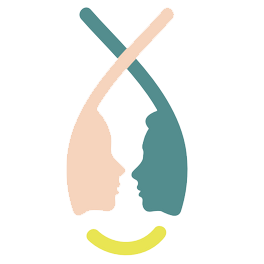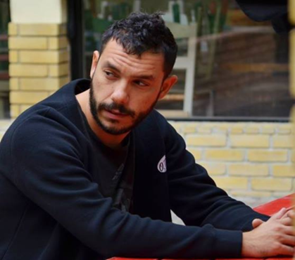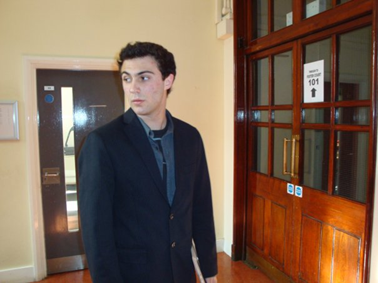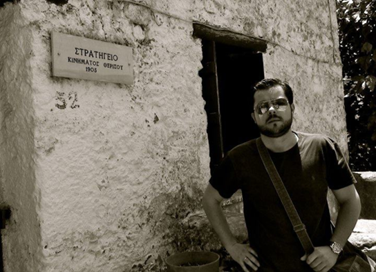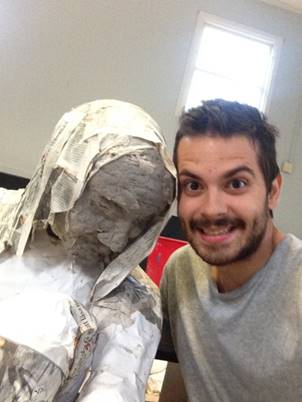I am kind of a nomad, travelling from conference to conference, talk to talk, from one country to another. Pre-COVID19, of course. Those were the days…
I joined IATEFL some years ago, first as a conference attendee. I loved the buzz, the talks, the big names, the networking, the new names, the inspiration, the shared ideas, the atmosphere. Then I went again as a presenter. And it felt good. A room full of colleagues, important people, asking me questions about this and that, joining forces, reaching out, connecting. I felt like a tiny dot that, among other dots, we were finally connected with lines to make a shape that made sense: we were looking for a better world in language education. I was asked to write an article for the Testing SIG, then I gave a webinar, and I could see the lines between the dots become clearer and bolder, so I felt stronger; I bonded. I felt that my IATEFL-ing journey, be it physical or digital, was meaningful.
Is it almost a skill? An action? Or an identity?
IATEFL-ing, therefore, is one of the skills a teacher should have. As a teacher educator, I often ask teachers what they need to be the best they can be. The number one answer I have been getting in my 20 years of teacher-training is…’time’!
Since I cannot help with making ‘time’ using my witchy wand and craft, below are some very simple tips on how language teacher, can improve (or even become the best). Among these tips, there is IATEFL-ing. And inside all these tips, there is IATEFL-ing; because through IATEFL-ing all of them can be learned or confirmed.
1) Tell yourself often ‘I am not sure’
The first step to becoming better is admitting and feeling deep inside our lack of perfect knowledge. Check if what you think is right is actually right. Be ready to unlearn, relearn, question what you know and to become open to everything you might not know.
2) Study
Read articles, blogs and books. Attend seminars, workshops, webinars. Go to conferences and take courses. Develop both academically and professionally. Embrace change and be a constant learner. Go to IATEFL, ask questions and listen carefully. Get books. Network and ask more questions. Take notes, then go back to your notes. Go IATEFL-ing.
3) Know your SLA and your Pedagogy
How are languages learned? How is language stored and retrieved? How do memory and learning work together? What conditions optimize learning? What impedes learning? Explore such questions relentlessly. Ask yourself, read about them, get updated with cutting edge research findings.
4) Know your CEFR
What does each level mean? What should the language user be able to do at each level? How do we need to filter our expectations for our learners? Do we expect too much? Do we penalize for developmental errors? Do we care about the learners’ learning curve? What does B2 really mean? (No, it’s not just the ‘Lower’.)
5) Know your learners
There’s no successful teaching without successful bonding. Get to know these people, what they like, what inspires them, what they feel, what they need. Try to find out how they like your lesson, what changes you need to make, how you can engage them. Connect, share, walk hand in hand with them. And let them teach you too. Language is exchange, it goes both ways.
6) It’s not just the language
We don’t just teach English (or any language). We teach people. We teach values. We teach social models. We teach power relationships (hopefully not power games). We teach justice. We teach to and how-to make the world a better place. Teaching is the most optimistic job in the world! It means by definition, faith in a better world. Teaching is a political choice. Don’t take this beauty out of the job by neutralizing it and making a dry language lesson.
On a final note, make sure you know why you decided to become a language teacher. It’s not a side job, it’s not a hobby and no, it’s not a vocation either. It is (or should be) a conscious professional choice, leading to a successful career, requiring hard work, a solid academic background, lots of inspiration and an insatiable hunger not primarily to teach but to Learn.
PS. Don’t forget to be kind, loving, caring. Don’t forget to be a good human being.
You can find the article here

